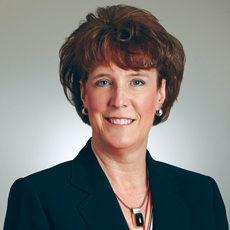
Think for a moment about a conversation that you have had that left you unsettled. Maybe it was the content of the conversation, the subject matter questioning the very essence of the values of the organization or you as an individual. Medical and business ethics have traditionally been kept separate but with the emergence of technology, innovation and consumer demand the merging of ethical principles have occurred.
When a conversation leaves you unsettled, it typically means that a personal principle or value has been confronted and you are trying to reconcile the content. In health care we see this happen every day.
Take, for example, the challenge of hand hygiene. Healthcare acquired infections now have financial penalties that have created the business case for hand hygiene education and monitoring programs. Yet there are ethical elements that are very often missed as leaders try to address employee and organizational performance.

There are seven ethical principles typically utilized in healthcare settings:
- Respect for people, understanding the sacredness of humanity
- Autonomy, informed then personal choice
- Beneficence, doing good, or acting for someone’s good
- Nonmaleficence, “Do no harm”, to act in the best interest
- Justice, concept of what is fair
- Fidelity, acting in a manner of trustworthy, maintaining and honoring commitments
- Veracity, truth-telling, grounded in respect and autonomy.
Healthcare providers struggle to reconcile the ethical consideration that the very tools of healing that are called by ethical standards to do no harm, actually harm. I know this personally as I am a nurse who contracted a healthcare-acquired infection.
My lack of hand hygiene harmed me. I always thought of hand hygiene as an action to protect others. I did not give consideration that hand hygiene was an action to do no harm to myself. That my actions needed to be not only one of trust for those I was caring for, but one of trust in my actions to be one of caring for myself.
Engaging in an ethical dialogue has to be done with authentic intent by leaders. Expressing concern about not only doing no harm for those under care, but also the caregivers will open the discussion beyond rules of hand hygiene to the ethics of hand hygiene. Helping care providers to see that they also have an ethical commitment to themselves must be a leadership imperative to advance safe healthcare for all.
Martie Moore, RN, MAOM, CPHQ, is the chief nursing officer at Medline Industries Inc. and a corporate advisory council member for the National Pressure Ulcer Advisory Panel.





